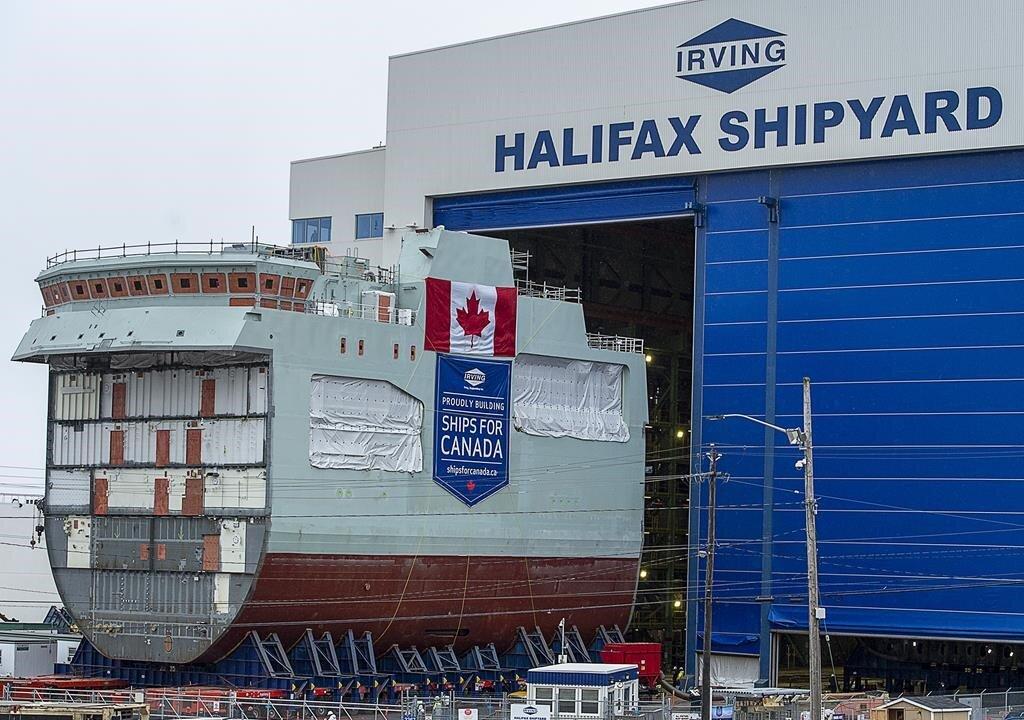Despite Ottawa’s new purpose-designed stormwater tunnel opening in November 2020, a severe thunderstorm on Aug. 10 sent 316 million litres of stormwater and sewage overflow into the Ottawa River.
Marilyn Journeaux, water services director at the City of Ottawa, acknowledged that the unusually heavy rainfall had exceeded the tunnel’s capacity to handle the overflow.





